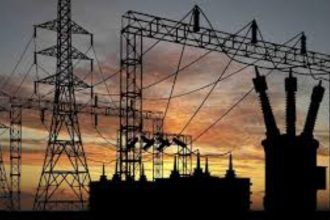The National Bureau of Statistics (NBS) reported that in Q1 2024, 84% of Nigeria’s working-class population is self-employed, down from 87.3% in Q3 2023. This reflects a 3.3 percentage point decrease in self-employment, coupled with a rise in wage employment from 12.7% to 16.0%.
Key points include:
- Rural and Urban Self-Employment Decline: Self-employment decreased in rural areas (from 93.7% to 91.9%) and urban areas (from 80.7% to 78.2%).
- Gender Disparity: Self-employment fell for women (from 90.2% to 87.9%) and men (from 82.9% to 79.9%), indicating a trend towards wage employment.
- High Informal Employment: 92.7% of employed Nigerians are in informal work, with rural areas showing higher rates (97.6% vs. 89.0% in urban areas).
- Education Impact: Individuals with no formal education are more likely to work informally (98.8%), highlighting the need for improved education access to reduce informal employment.
- Overall Trend: The report suggests a shift away from self-employment amid rising unemployment (from 5.0% to 5.3%), indicating challenges in the informal sector while noting that self-employment remains vital for many, especially in rural areas.









